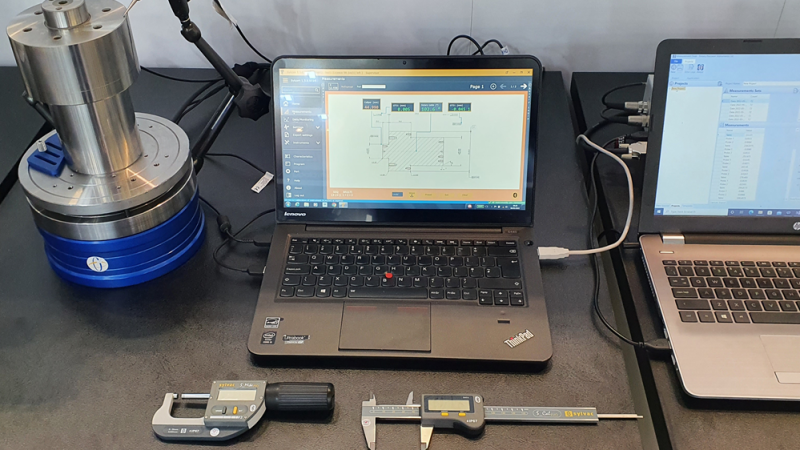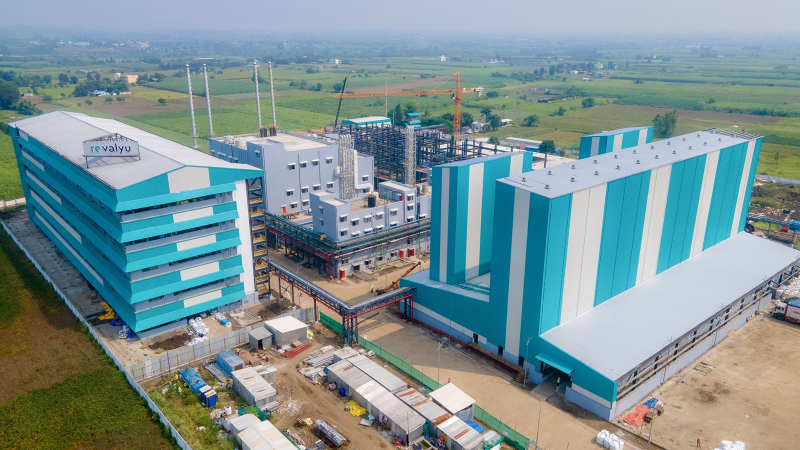In the ever-evolving landscape of global manufacturing, companies are constantly searching for innovative strategies to become more competitive and cost-effective. One such strategy is shelter manufacturing, which has been gaining traction as a game changer for global producers. Offering a mix of logistical convenience, cost savings, and operational efficiency, shelter manufacturing presents an invaluable opportunity for companies looking to expand their horizons and optimize their supply chains.
Understanding Shelter Manufacturing
Shelter manufacturing is a business model that enables foreign companies to set up operations in another country with minimal risk and investment. This model operates by partnering with existing service providers in the host country, who offer resources like facilities, regulatory compliance, and labor management.
It allows businesses to establish a local presence without dealing with the complexities and red tape typically associated with international expansion. By participating in a Mexico shelter program, for example, companies can take advantage of competitive manufacturing environments without the burden of navigating extensive regulatory frameworks or dealing with administrative intricacies.
Cost-Effective Solutions
One of the most significant advantages of shelter manufacturing is its potential to drastically reduce costs. By utilizing established infrastructure and local expertise, businesses can save on the capital expenditure that usually accompanies greenfield investments. The model also minimizes risk, as firms do not need to commit as heavily in terms of financial resources upfront.
Additionally, labor costs are often a significant component of manufacturing expenses. Shelter manufacturing providers typically have access to a skilled and cost-effective workforce in the host country, enabling companies to benefit from labor savings. These financial advantages impact not only the bottom line but also enhance competitive positioning in the global market by offering quality products at a lower cost.
Speed to Market
In today’s fast-paced business environment, speed to market can be a determining factor for a company’s success. Shelter manufacturing offers a quicker pathway for companies to establish production facilities in strategic locations. By eliminating the need to build infrastructure from scratch and navigate unfamiliar regulatory landscapes independently, businesses can significantly reduce their time to operation. This agility allows companies to respond more efficiently to market demands and maintain a competitive edge.
Access to Emerging Markets
Shelter manufacturing provides an excellent opportunity for companies to penetrate emerging markets. By establishing operations in regions with growing consumer bases, businesses can better understand local tastes and preferences, adapt their products accordingly, and build brand recognition from within. Proximity to thriving markets not only opens up new sales channels but also enhances resilience by diversifying international exposure.
The Mexican market, for instance, is a significant hub for automotive, electronics, and aerospace sectors due to its location, trade agreements, and burgeoning economy. Leveraging a shelter program in such regions can serve as a strategic entry point to access vast and dynamic market opportunities.
Enhancing Supply Chain Management
The logistics of manufacturing can be a daunting task for companies operating on a global scale. Shelter manufacturing can simplify supply chain management by enabling companies to take advantage of regional supply chains, reducing lead times and transportation costs. Staying close to suppliers and customers increases efficiency, improves turnaround times, and reduces inventory costs thanks to just-in-time production methodologies.
Furthermore, a reduced environmental footprint can also result from optimized supply chains, as shorter transportation distances decrease emissions. This green aspect not only aligns with growing corporate sustainability initiatives but can also appeal to increasingly eco-conscious consumers.
Overcoming Regulatory Challenges
Operating in a new country often entails navigating complex legal and regulatory requirements. Shelter manufacturing companies offer invaluable local expertise to handle compliance issues, labor laws, tax regulations, and customs protocols. This expertise allows client companies to focus on core competencies like product development and innovation, reducing time and resources spent on unfamiliar bureaucratic hurdles.
This operational ease ensures that companies can better manage potential compliance risks while maintaining high standards of corporate governance and social responsibility.
Conclusion
Shelter manufacturing is rapidly becoming a pivotal strategy for global producers looking to expand their international footprint with reduced risk and cost overheads. Through access to cost-effective resources, speedier time-to-market, and improved supply chain operations, businesses can better position themselves in a competitive global landscape.
Coupled with the ability to penetrate emerging markets and navigate regulatory complexities efficiently, shelter manufacturing indeed reshapes the way industries perceive globalization. This transformational approach invites producers to rethink their traditional manufacturing strategies and embrace a more agile and flexible model fit for the demands of tomorrow’s market.







